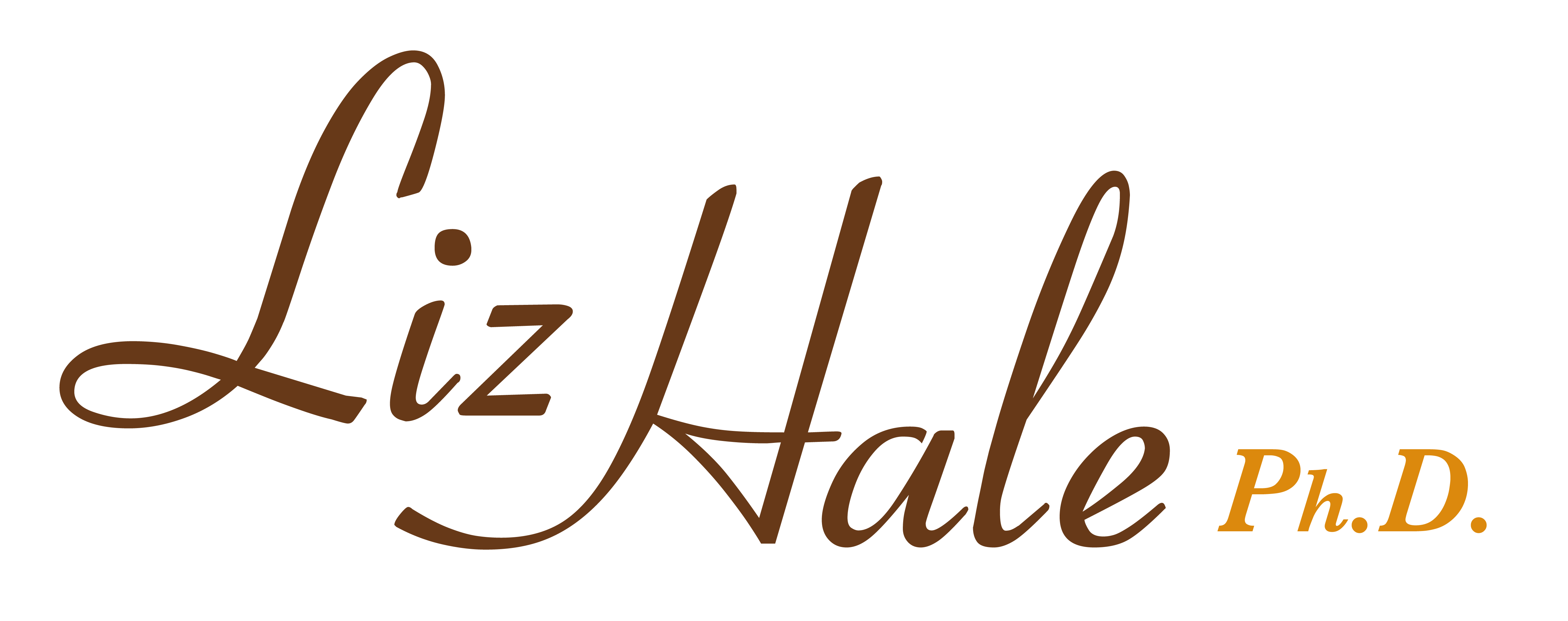- in Families , Friendship , Happiness , Life , Self-Esteem
What Makes Us Happy and Passionate About Life?
KSL Television ~ Studio 5
Money doesn’t buy it. Education and IQ have no effect. Even youth and attraction can’t budge the meter. For decades, researchers have been studying what makes us happy and passionate about life, and it’s clear that thoseÃ? factors just don’t cut it.Ã? Ã? So, what does cause the happy meter to be tipped towards the positive? While there are no known keys, there are several vital components. I warn againstÃ? the compulsion to try and always feel passionate about “something” because like all emotions, passion waxes and wanes.Ã? The answer:Ã? seek outÃ? what contributes to lasting happiness.
There is no otherÃ? passionate way to say it: People who have strong relationships with family and friends are overwhelmingly happier than those who don’t have close ties. This is even the case with children: those with tight family and friend bonds are the main shared characteristics of the happiest 10% of children surveyed.
Marriage and religion are also strongly related to happiness. Forty percent of married people rank themselves as “very happy” – cut that number in-half forÃ? singles. Religious Americans are less likely to divorce, abuse drugs, commit crimes,Ã? and they also live longer. Both the marriage and religion findings are complex, however. For instance, married people might have had a happier disposition before marriage, and religious individuals may benefit as much from the strong bonds of community support rather than a belief in a divine power.
Happiness is also 50% genetic! This research comes from fraternal versus identical twin studiesÃ? determining thatÃ? genetics far outweighs any other happiness predictor; it’s called “positive affectivity.” This supports the theory that we are all born with a set range of happiness – in other words, you can’t make a giggler a grouch any more than you can make a grouch giggle all the time. However, there are skills that we can learn to rest on the higher end of our happiness set points.
Positive psychology research has determined that there are three pathways to happiness:
The Pleasant Life
Think of “Hollywood Happiness” when you think of this path. The Pleasant Life consists of having as many pleasures as possible and obtaining the skills to amplify those pleasures. We cultivate gratitude and forgiveness as we examine the past, increase savoring and mindfulness in the here-and-now, and increase hope and optimism as we look to the future. But remember, we can only boost our pleasure range so far due to our genetics. This path is often used as a shortcut to pleasure – like eating ice cream, having a massage, or aÃ? lover’s embrace!
The Engaged Life
The Engaged Life absorbs us. We find gratification in participating in a great conversation, fixing a bike, reading a great book, teaching a child, playing an instrument, or accomplishing a difficult task at work. There are no short-cuts to gratification. We must involve ourselves fully, and draw on character strengths, such as creativity, sense of humor, perseverance, and an appreciation of beauty and excellence.
Gratification is not always accompanied by positive emotion. Let’s say you were training to run a marathon. At any point during this grueling event you might be discouraged, exhausted, or even in physical pain. However, how would you describe the overall event as you cross the finish-line? As intensely gratifying! So, keep in mind you won’t always feel so passionate as you hit the treadmill to get in your daily 5-mile training run but the end result will be seen as well worth the effort.
The Meaningful Life
This third route gives life meaning. It’s directing our signature strengths towards something larger than ourselves. There are a large number of positive institutions: religion, family, community, politics, or justice. It satisfies a longing for a purpose in life. A consistent theme throughout meaning-making research is that the greatest benefits come to those who use meaning to transform circumstances from unfortunate to fortunate.
Finally, empirical evidence: those who follow all three pathways to happinessÃ? live the “full life,”Ã? experiencing anÃ? overall greater life satisfaction. Now that’s something to be passionate about!
Also keep in mind theÃ? following exercisesÃ? proven to increase one’s passionate level of happiness:
Identify Strengths: Take a Strengths Inventory to assess your top 5 strengths. (www.authentichappiness.com)
Three Good Blessings: Every evening, write down three good things that happened and why you think they happened.
Obituary/Biography: Imagine you have passed away after living a fruitful and satisfying life. Write a summary of what you would like to be remembered for the most.
Gratitude Visit: Think of someone you are grateful for to whom you have not properly thanked. Compose a letter describing your gratitude, and make an appointment to read the letter to them either in person or on the phone.
Savoring: Once a day, take the time to enjoy something that you usually hurry through, i.e., eating a meal, taking a shower, walking to work, etc. When it’s over, write down how you did it differently and how it felt compared to when you rushed through it.
Active/Constructive Responding: Every day, visibly, positively, enthusiastically respond to someone else’s good news.
Here’s theÃ? bottom line, dear reader: some of the happiest, most passionate people I’ve known are those who have experienced the greatest tragedy, pain, and loss. Confront the fragility of your own life and recommit to living purposefuly every day. Consider how you want toÃ? be remembered by your children, spouse, neighbors, friends, and extended family. Reawaken your senses to living in the beauty of the present moment. Now, go and make every interaction count, for good!Ã?Â
� � � � � � � � � � � � � � � � � � � � � � � � � � � � � � � � � � � � � � � � � � � � � � � � � � � � � � � � � � � � � � � � � � � � � � � � � � � � � � � � � � � Additional Resources:
A New Earth: Awakening to Your Life’s Purpose by Eckhart Tolle
Authentic Happiness by Martin Seligman;
